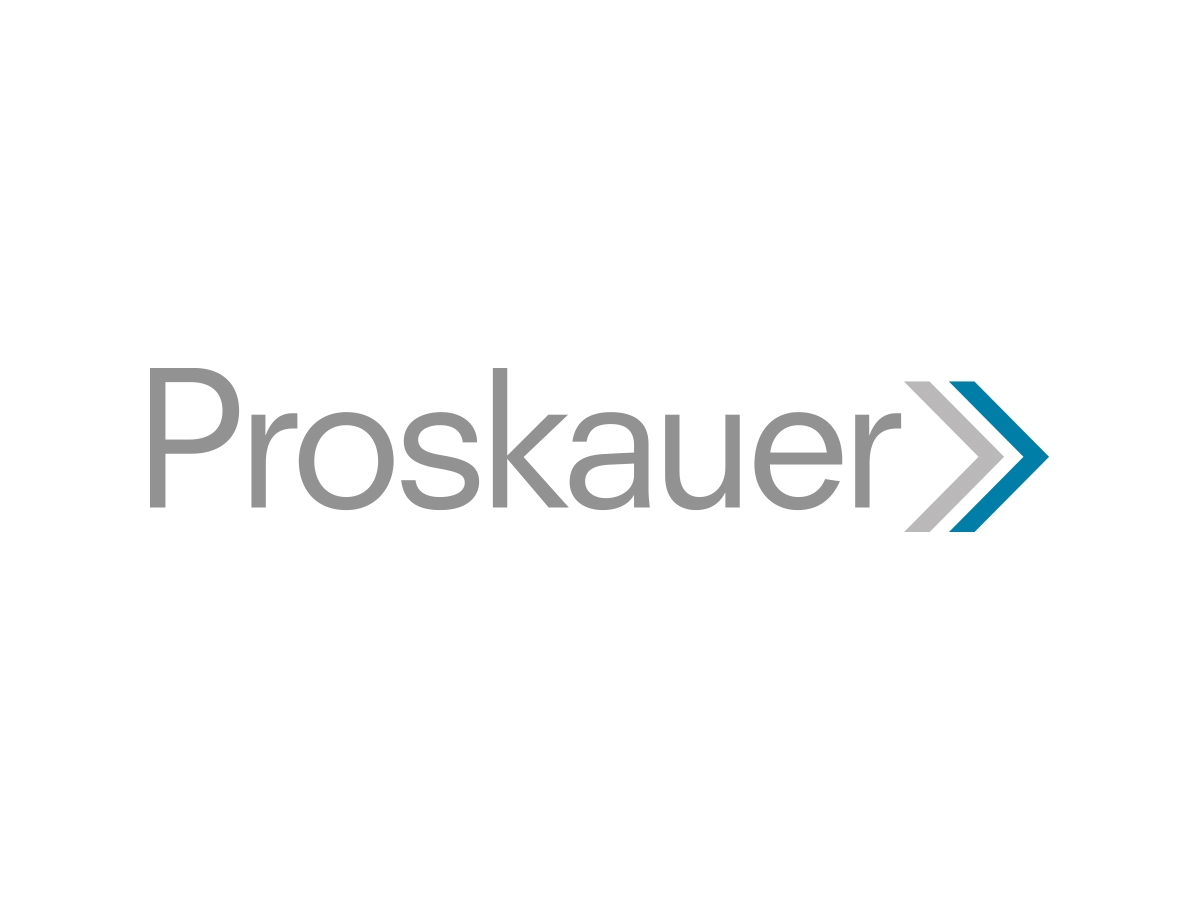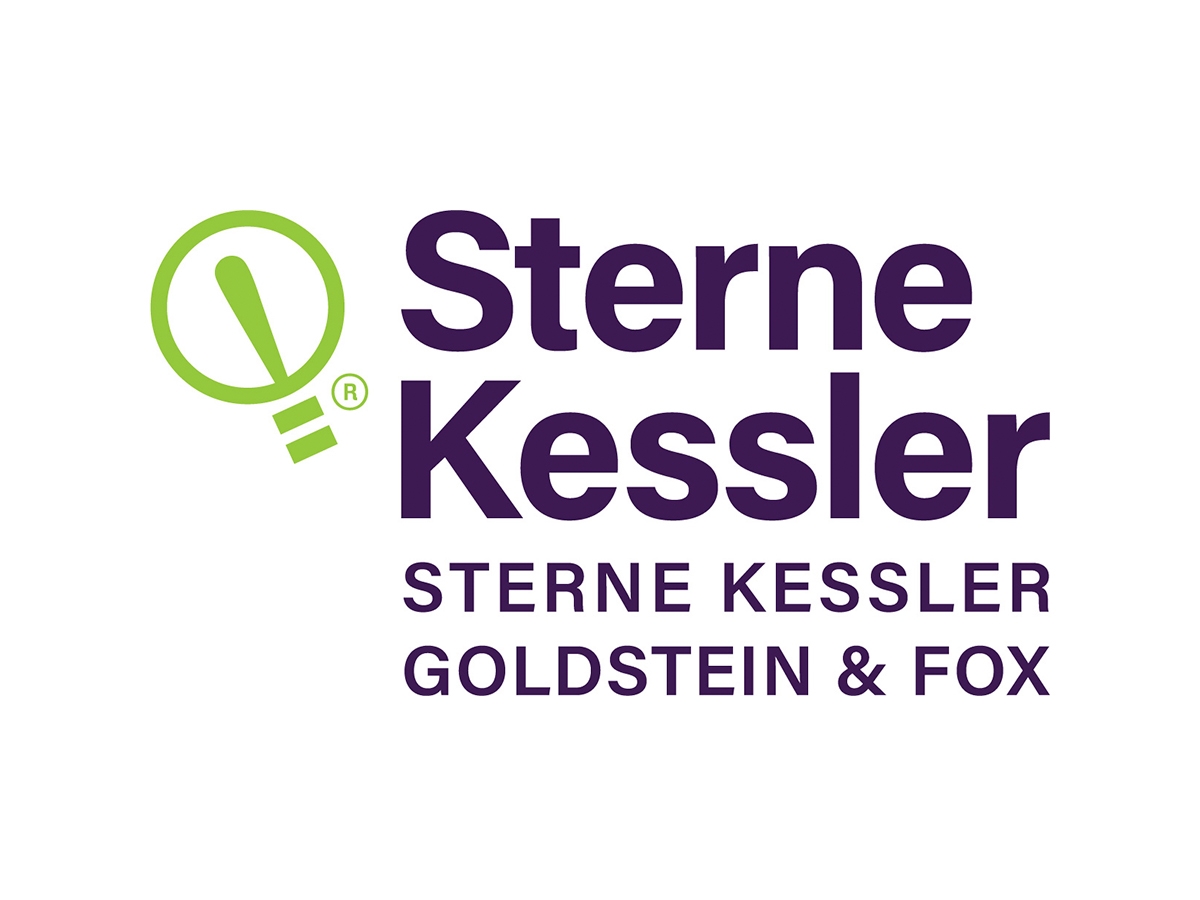Duty of Candor Continues Before the PTAB or Does it? | Proskauer – Minding Your Business
In an unprecedented PTAB decision involving Spectrum Solutions LLC (“Spectrum”) (Petitioner) and Longhorn Vaccines & Diagnostics (“Longhorn”) (Patent Owner), the Board found all five challenged patents invalid and imposed sanction against patent owner Longhorn for failure to meet the duty of candor and fair dealing. The board determined that Longhorn selectively disclosed testing results to support its claim construction and misled its technical expert with incomplete laboratory data, thereby failed to meet its duty of candor and fair dealing in its actions before the Board. The claims and substitute claims in all five patents asserted by Longhorn were unpatentable due to its sanctionable misconduct. Longhorn was also ordered to provide Spectrum compensatory expenses including attorney fees. On one hand, it is a reminder that duty of candor is a continuing obligation that cannot be ignored even during the IPR proceeding. On the other hand, it does raise the question whether the PTAB has the authority to invalidate a patent for misconduct.
Spectrum requested inter pares review (IPR) for five patents owned by Longhorn: US. Patent Nos. 8,084,443; 8,293,467; 8,669,240; 9,212,399 and 9,683,256 based on a prior art publication by Birnboim. The patents at issue involve compositions that “inactivate nucleases, kill pathogens and not degrade nucleic acid” of a sample. The IPR was instituted based on the Board’s preliminary opinion that Spectrum has established a reasonable likelihood that the challenged claims are unpatentable. The Board in its institution decisions, preliminarily construed the terms “kill pathogens” in plain and ordinary meaning, i.e., kill any pathogens.
To distinguish over the asserted prior art Birnboim, Longhorn engaged Assured Bio Labs, LLC (“Assured”) to run testing of the solutions disclosed in Example 3 of Birnboim. The testing data indicated that BirnBoim’s solutions killed some pathogens but did not kill other pathogens tested. Longhorn selectively submitted the testing results on MS2 virus and B. subtilis bacterial spores which BirnBoim’s solutions do not kill. Longhorn then argued that Birnboim’s formulation failed to kill “a vast majority of both viral and bacterial pathogen organisms in a sample.” Longhorn made similar arguments as to “not degrade nucleic acid.” Relying on the selectively submitted testing results, Longhorn contended Birnboim cannot anticipate the challenged claims.
Longhorn also selectively provided the favorable results on MS2 virus and B. subtilis bacterial spores to his technical expert, but omitted the unfavorable results on influenza and E. coli. The expert after learned about the omitted results, testified that the withheld testing results is relevant and affected his opinions. The Board determined that Longhorn mislead its technical expert by selectively disclosing testing results and omitting relevant information.
Longhorn asserted attorney work product protection. The Board determined that the attorney-work product doctrine “does not excuse the failure to disclose such material information subject to the duty of candor and good faith (citing Cf. Knogo Corp. v. U.S., 1980 WL 39083, *4 (Ct. C. 1980)). The doctrine does not apply to the research, tests, experiments and other technical information which are material.
The Board imposed sanction against Longhorn because Longhorn through its intentional actions, failed to fulfill its duty of candor and fair dealing.
Upon the Director’s review of the sanction orders, the following relevant issues and questions are left to be addressed:
- When the Board determines that a party has withheld relevant factual evidence during an AIA proceeding, which USPTO regulations are implicated? Do such regulations include 37 C.F.R. § 1.56?
- When the Board determines that a party has withheld relevant factual evidence during an AIA proceeding, is it an appropriate sanction for the Board to apply adverse judgment in a final written decision to deem claims unpatentable? Is such a sanction proportionate to the harm caused by the party, taking into account the integrity of the patent system? and
- When the Board determines that a party has withheld relevant factual evidence during an AIA proceeding, what other sanctions are appropriate, either in addition to, or in place of, applying adverse judgment in a final written decision to deem claims unpatentable?
Both parties can brief and may raise new arguments directed to these issues. The order also permits amici briefing on these issues.
[View source.]






